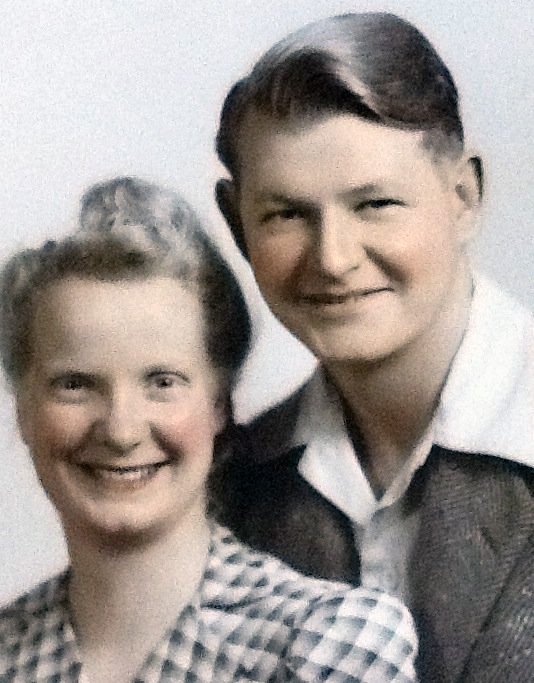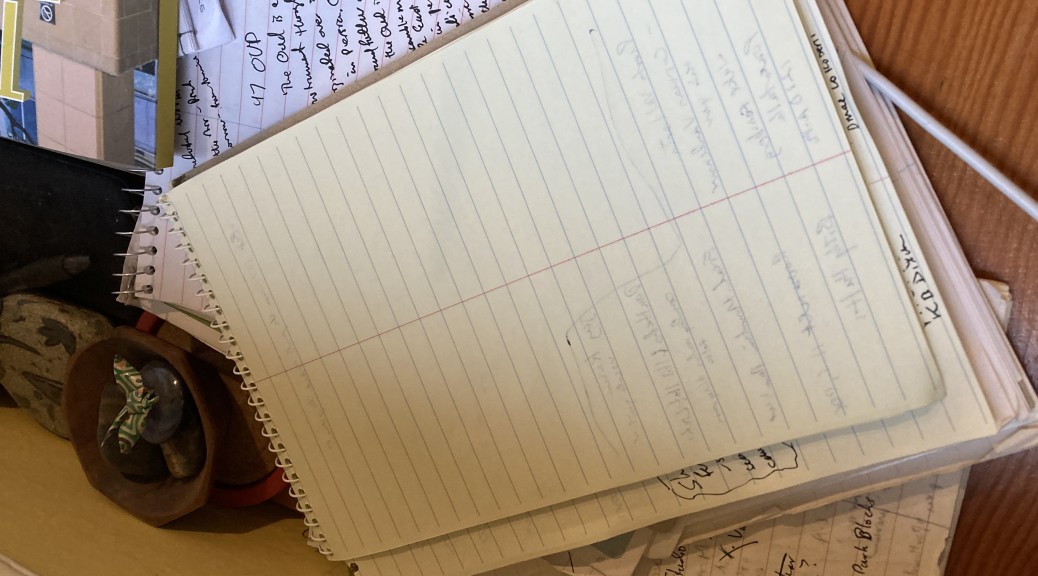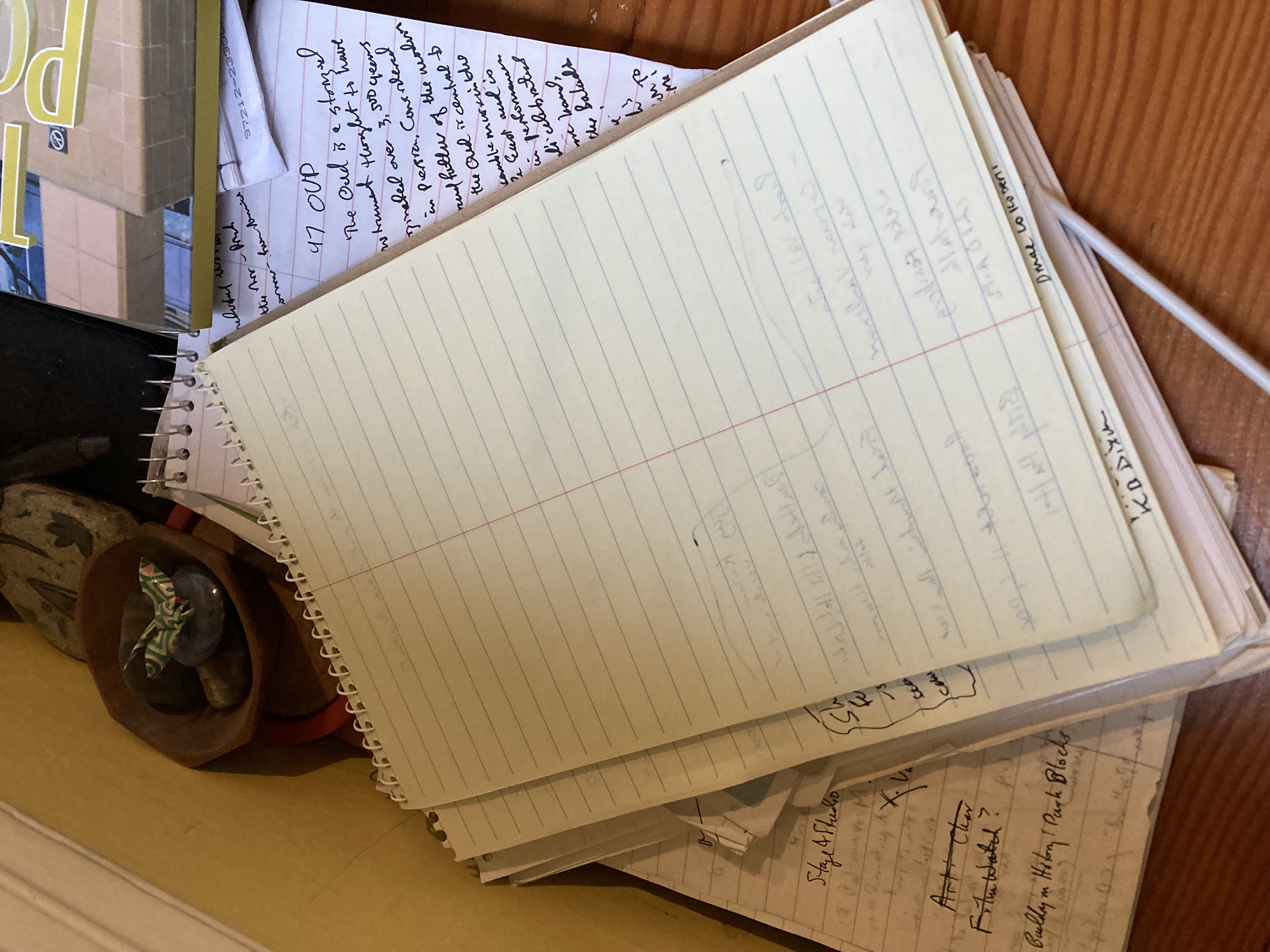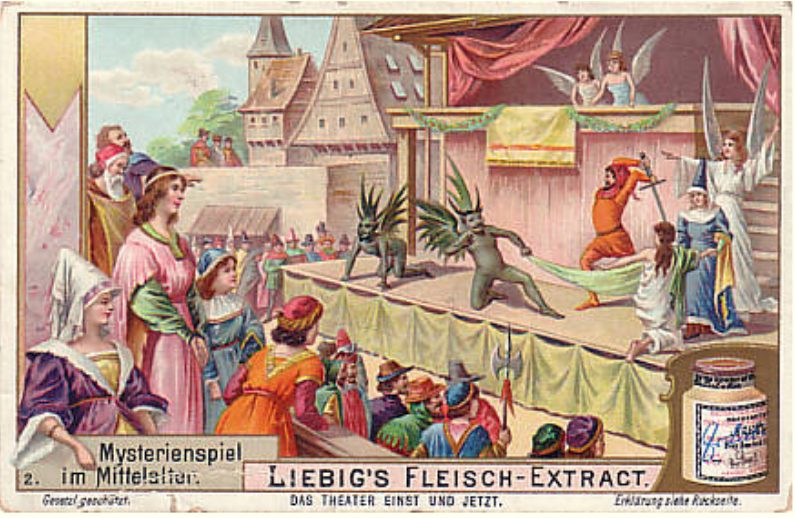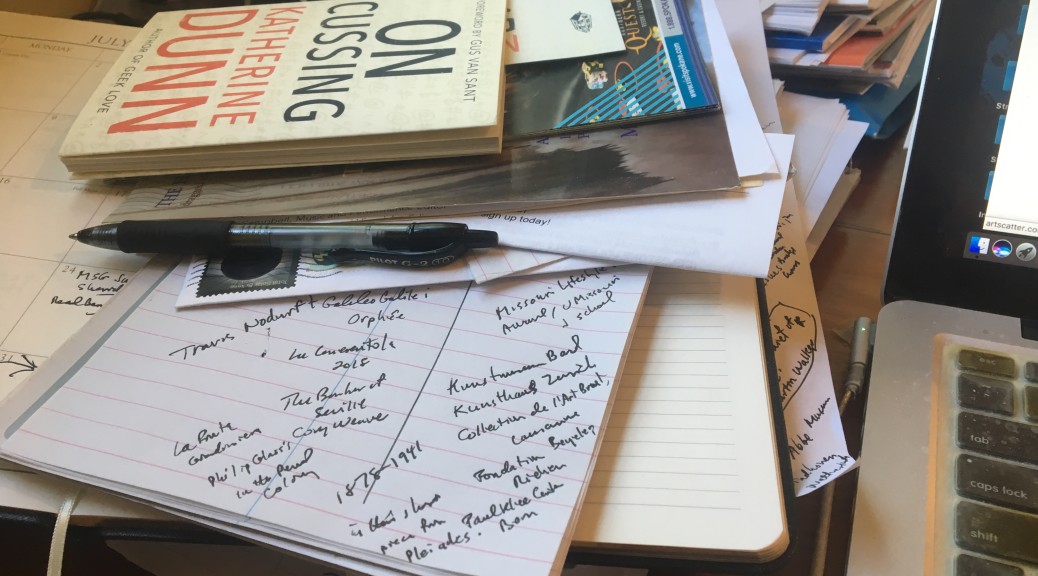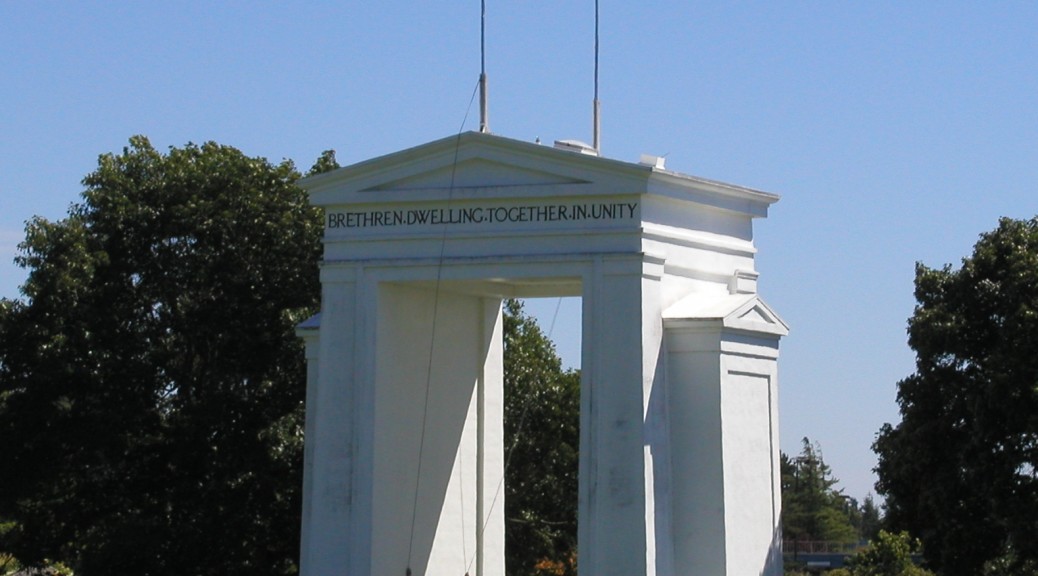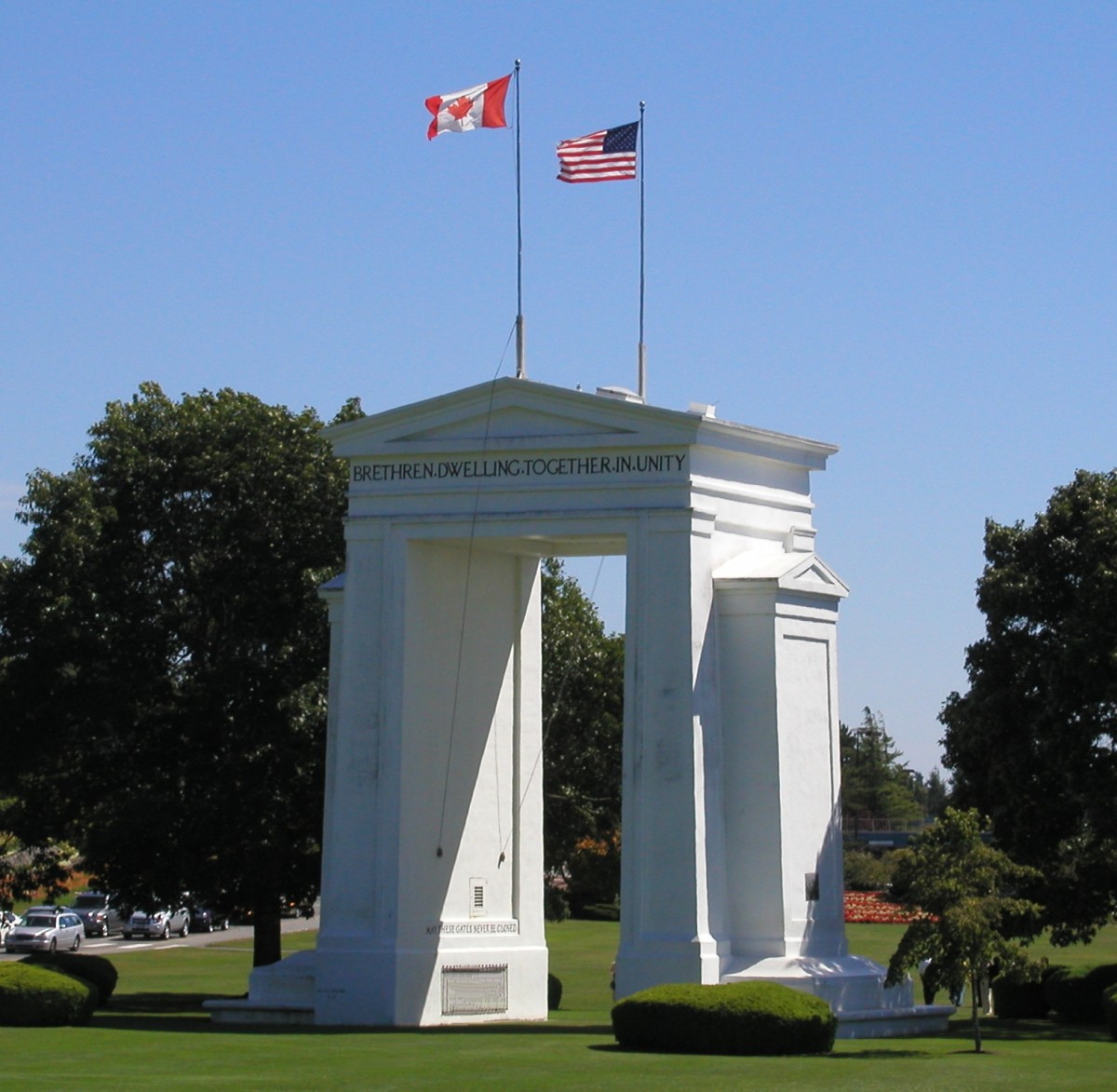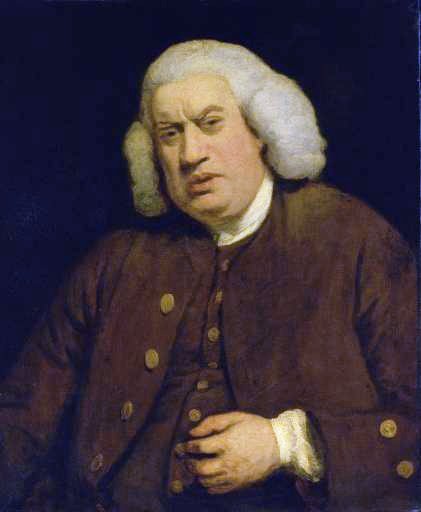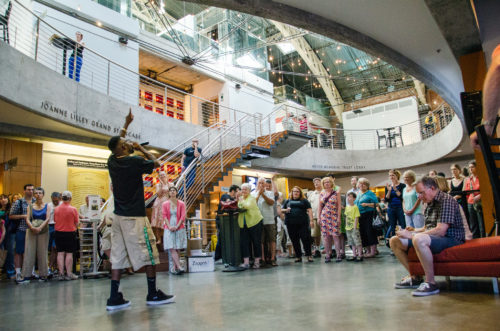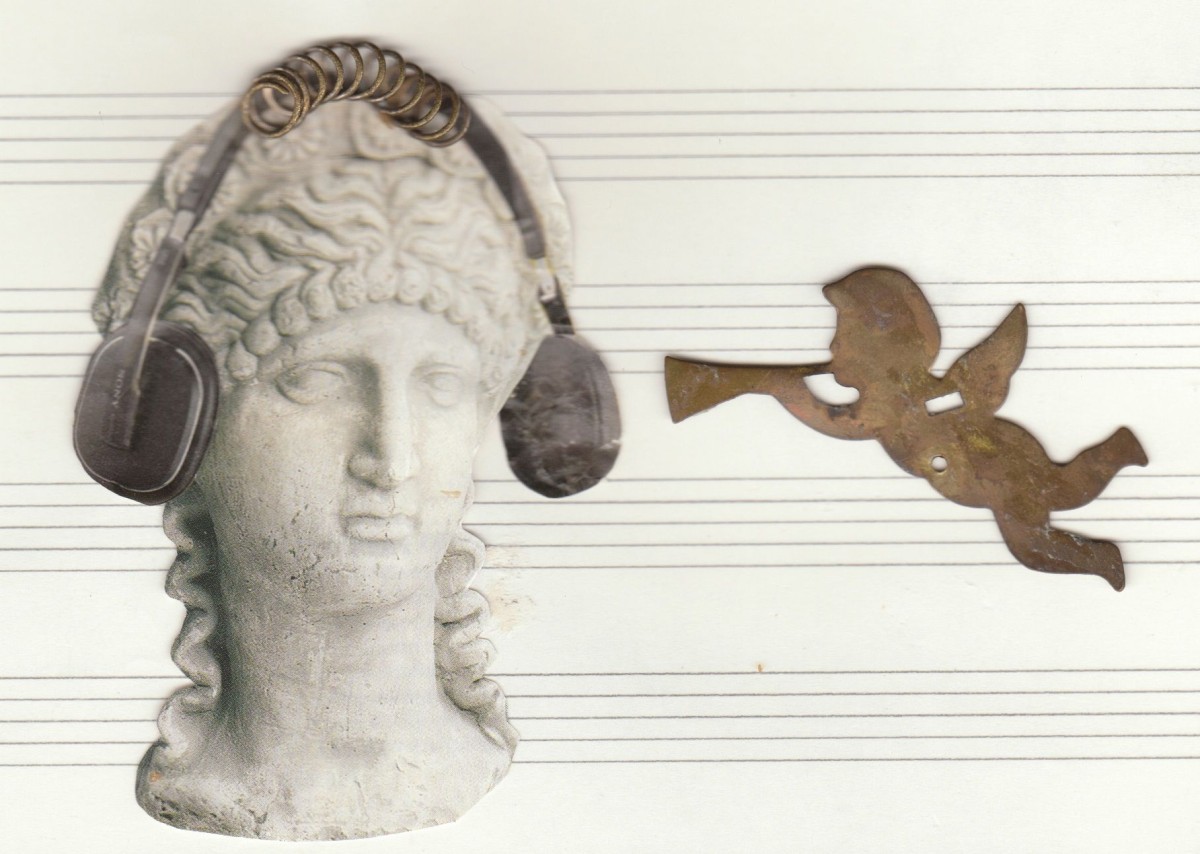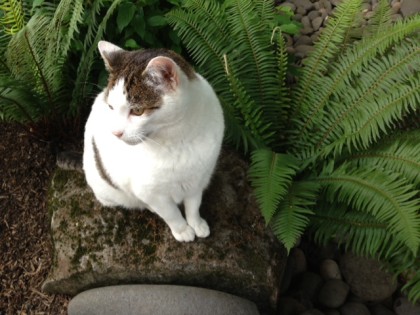Charlotte and Irby Hicks, about 1940.
NOTE: Today, Bastille Day, 2024, my father, Irby Hicks, would’ve been 108 years old. He died in 2011, five days shy of his 95th birthday, and my mother, Charlotte Baldwin Hicks, died a couple of years after that. I wrote the story below, which I don’t think has been previously published, a couple of years before Dad died. It’s not exactly about Dad, but his spirit runs through it. I think it gives a sense of his remarkable essence and the life he led, and the enduring influence he’s had on me and my siblings and others who knew him. Happy 108th, Dad.
My father used to sing this song sometimes, sleeves rolled up, shirt open at the collar, head tilted back for the high notes: What makes your head so red? Tell me, what makes your head so red? I been workin’ so hard in the hot hot sun, it’s a wonder that I ain’t dead.
Just a snatch of a song, I always figured, part of something bigger, but that was the part he sang. So do I, now, when it sounds in my head, a short burst that makes me think of high heat and hard work in fields that I have rarely known.
Today, in the throes of an infernal Pacific Northwest heat wave that has the thermometer rattling up toward 107, that red-baked head is on my mind again. Kind of blue, kind of hot, an oddly triumphal moan, mixed of resignation and endurance and somehow coming out on the sweet side of things: I ain’t dead.
I come from a singing family. (And a whistling family, too.) My father, Irby, tended toward old country-style things, like “Goodnight, Irene” or “Froggy Went a-Courtin’.” On rare occasion he’d pull out his old battered guitar and strum. More often he’d just start to sing.
My mother, Charlotte, had a pretty, Jo Stafford sort of voice, and her songs were more from the pop charts, often with a ’40s derivation, definitely pre-rock ’n’ roll: “The Shrimp Boat Song,” “Frenesi,” “Summertime.” When she was a young woman she sang “Loch Lomond” on the Major Bowes Amateur Hour national radio program, an occasion of which, decades later, she was still justifiably and quietly proud.
My father is 93 now, and my mother is 89, and they don’t sing much anymore: The old vocal cords just aren’t what they used to be. But for most of my life I remember singing as an utterly casual yet plainly important part of their lives.
They had seven kids and not a lot of money and precious little time to themselves, but singing they could do. Singing was a pleasure, and to most of their children they passed it along. To me they even passed along a certain taste. I’m much more likely to start singing “Hey, good lookin’, whatcha got cookin’?” or “If I’m gonna marry it’s the butcher boy for me!” or even a rollicking old church tune than anything by Madonna or Cheryl Crow or Smashing Pumpkins.
Our town was surrounded by dairy and berry and bean farms and it rained a lot and in winter we got silver frosts with icicles hanging like troll-knives from the eaves. Summers were short and warm and grew things that got us out in the fields, rustling through strawberry bushes to earn clothes money for the coming school year. The music in the fields tended toward the tin beat of transistor radios and pop-40 tunes: “Call my baby lollipop, tell you why, his kiss is sweeter than an apple pie …”
People made their own music. That’s always been and always will be, despite the corporate push to turn us all into spectators for carefully controlled musical spectacles. (Karl Marx called religion the opiate of the masses; apparently he never saw MTV.)
People made music at church. They made music on the porch or in the backyard. Kids gathered on sidewalks and chanted their proto-raps: “Made ya look, ya dirty crook, ya stole your mother’s pocketbook!” “Miss Suzy had a steamboat, the steamboat had a bell, Miss Suzy went to Heaven, the steamboat went to Hello operator, please give me number nine …”
Sometimes people got together at one another’s houses, and along with the fried chicken and sweet rolls the guitars and banjos and mouth harps would come out. Frank worked with my father at the local food-processing plant, and he and his wife, Iva, were from someplace else, though I never knew where: maybe the Carolinas, maybe Texas, maybe the Midwest. He was strong and lean with a big Adam’s apple. She was round and beaming and because she never paid the slightest attention to the cleft in her upper lip, neither did you.
“Salt of the earth” might be a cliché, but Frank and Iva were a shaker full. Their gangly wood-frame house had splintery softwood floors and a tall skinny stairwell up to the mysteries of an upstairs (we didn’t have one) and the biggest cat in history, which would loom imperially in the shadow at the top of the stairwell. Other people from other places would be there, too, and when they brought their songs and dishes from a wider world you began to realize that the center of the universe might not be the little town of your intimate observation, after all.
In fact, my parents weren’t from “here.” My mother was born in the desert border town of Holtville, California, although her family came from Long Island and the Hudson River Valley, and she didn’t stay in the desert long, settling happily on the east side of San Francisco Bay.
My father was born in Georgia, moved at age 8 to the pepper-growing regions of New Mexico, then on to California and both the western and eastern sides of the Cascades in Washington state. From the 1920s through the 1950s, America was on the move. Each of those places, and more, brought flavors and sounds of their own. And somehow, partly because of those songs and partly because I knew my father had worked hard with his hands, places of high heat and dry dirt seemed part of the heritage.
Irby (that was his name; no middle name at all) grew children, and he grew vegetables – all kinds of vegetables, from corn to kale to cabbage. He didn’t often cook, but when he did he blended his fresh vegetables expertly with the spices he remembered from the South or learned to use when he was a merchant seaman exploring the coastal hills and cities of Latin America; he also made fine thin buttermilk pancakes and a robust Pennsylvania scrapple. He kept a compost pile and gardened organically, without making a big deal about it, long before organic became a cause. “We’ll plant enough for us and the bunnies,” he would say easily.
He never went to college but was one of the best-read people I’ve known. His great gifts to his family went beyond instilling a sense of what was right. He was a scholar without portfolio, passing his love of language and knowledge to his children. His sense of responsibility carried over to his family, which he guarded with the tender fierceness of a sparrow over an endangered nest, sometimes whether his children actually felt endangered or not.
He was deliberate, and temperate, and sometimes deeply opinionated, and not always hopeful about the direction of human culture although he maintained great hope in the possibilities of individual human beings. He was, I think, that American ideal, the good and honest citizen.
All of that helped shape his love of a good and honest melody, matched with good and honest words. Today I tried to find the source of that snatch of song he’d lean back and sing: “What makes your head so red …”
It wasn’t easy. Finally, on a Web site run by the University of Illinois at Chicago, I found it, as a verse in the longest version of The Boll Weevil Song I’ve ever come across. (My father sang The Boll Weevil Song, too, as do I, but to a different tune and without this verse, which at some point seems to have scampered off and made a life of its own.) Here’s the verse — the third of twelve, as this version has it:
— “De farmer say to de weevil / ‘What make yo’ head so red?’ / De weevil say to de farmer, / ‘It’s a wondah I ain’t dead, / A-lookin’ foh a home, / Jus’ a-Iookin’ foh a home.’”
Of course, this heat wave is an ideal time to think about the boll weevil, who came from Mexico, they say — purportedly just lookin’ for a home. Actually he was a cotton-chomping varmint with a mission to make life miserable for dirt farmers, the agricultural and economic ruination of a group of workers already close enough to catastrophe on both counts. Take a look at these two verses:
— “De farmer take de boll weevil, / An’ he put him in de hot san’. / De weevil say: ‘Dis is mighty hot, / But I’ll stan’ it like a man, / Dis’ll be my home, It’ll be my home.’”
— “De farmer take de boll weevil, / An’ he put him in de fire. / De boll weevil say to de farmer: / “Here I are, here I are, / Dis’ll be my home, Dis’ll be my home.’”
High heat, hard work. They have a history, and it’s not over yet. A hundred and seven degrees in Portland? It stinks (literally), but it’s going to pass. Sitting at our desks, most of us work hard. It’s not the same as hard work. Next time you feel like telling a redneck joke, remember: That neck’s red for a reason. It has a story and a song. And it probably doesn’t have air-conditioning.
